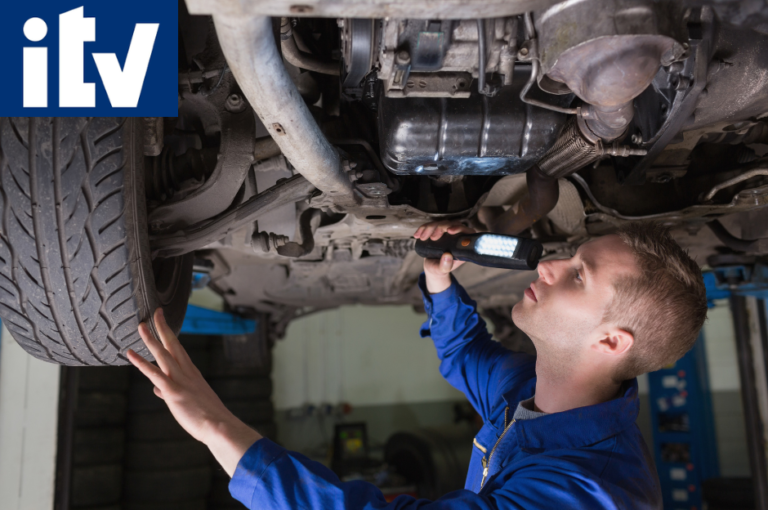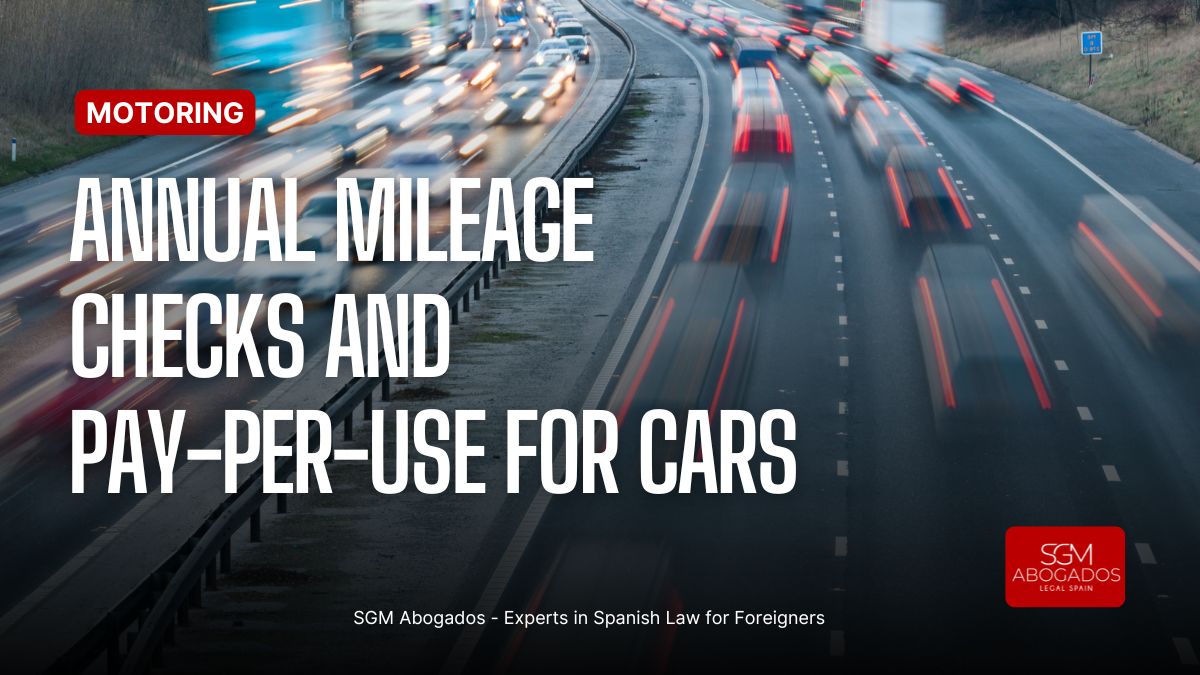ITV: How to pass Spain’s roadworthiness test
Here's everything you need to know about taking your vehicle in for Spain's ITV roadworthiness test and the changes that are being introduced in 2023.
What is the ITV?
Spain’s ITV or Inspección Técnica de Vehiculos is the equivalent of an MOT in the UK and the vehicle safety inspections carried out in some parts of the US and other countries.
The ITV (pronounced I-TE-UVE in Spanish) is the test that vehicles must pass to show that they’re roadworthy. When your car passes its test, you will be given a small sticker to display in the window as proof.
The test needs to be carried out at an official ITV station or testing centre, however, if any work needs to be done on the vehicle, this can be done at a local garage.
When do I need to get an ITV test?
Unlike in the UK, you don’t need to get the ITV test done every year. Sometimes you need to do it every other year, it all depends on how old your car is.
- Cars less than four years old don’t need an ITV test.
- Cars between four and ten years old are tested every two years.
- Cars that are older than ten years old need to be tested every year.
What do I need to get the ITV certificate?
- Ficha Técnica or ITV card – This is the certificate you are given after your ITV test, which shows if your car has passed and also any faults that have been found. If renewing your ITV, you should bring along the Ficha Técnica from the last ITV test that your car passed.
- Permiso de circulación – This is your vehicle’s registration document.
- Insurance receipt – You need to show evidence that your car has the correct insurance.
- Identification – You will need to bring your DNI, NIE or TIE for identification.
- Pay the fee – Prices vary between regions, but can range anywhere from around €30 for a two-wheeled moped to €43 for large petrol cars and vans and €48 for a diesel car.
Remember that if you get a cita previa (appointment) with the ITV you can beat the queues.

Changes to the ITV in 2023
Several important changes to the ITV test came into force in June 2021, but there are also new ones added for 2023 too.
- The main change for 2023 is a review of the eCall system. This is the component used to make an emergency call to 112 when you suffer a serious traffic accident. It’s mandatory in all cars approved as of March 31st, 2018, so those who have an older car need to take this into account.
- The authorities will now collect data on how much fuel cars registered as of January 1st, 2021, consume. The details, however, must still be decided by the Ministry of Industry, Commerce and Tourism. Both above changes will take effect from May 2023.
- There will also be changes for those who own vintage vehicles, meaning very old classic cars that are only used by their owners a few times a year. In this case, models classified as historic do not have to pass the mandatory technical inspection, if they were registered before January 1st, 1950. However, the owners of these historic vehicles prior to 1950 may go to pass the technical inspection voluntarily if they wish. Cars that are between 30 and 40 years old must pass the inspection every two years; those between 40 and 45 years old must pass the ITV every three years; and, finally, those who are older than 45 must go for an inspection every four years.
- Light vehicles intended for the transport of goods with an MMA of less than 3,500 kilos must pass the ITV test every six months, if 10 years have passed since their first registration.
What happens if my car fails its ITV test?
If your ITV has been rejected, you must return to the garage or ITV station to check the car again in less than two months.
Failure to do so or driving without an ITV can result in four different fines, which can cost up to €500.
If your vehicle is found to have serious defects, it is allowed to be driven to the garage, but the fine for driving outside of this parameter can reach up to €200.
According to AECA-ITV, there are a total of 2.5 million drivers who, in addition to not having their ITV up to date, are not covered by the corresponding insurance policy either.
Does the car I imported to Spain need to pass the ITV roadworthiness test?
Yes, even if your vehicle has already passed the equivalent of the ITV in your country of origin, this does not exempt you from having to do it again in Spain.
Any vehicle registered in Spain must pass the Spanish ITV, so once the transfer is completed you must go to an ITV station near you.
The documentation needed to pass the ITV with a vehicle registered outside of Spain includes, in most cases: foreign registration (may vary depending on the situation of each person and their vehicle), the circulation permit or equivalent document from the country of origin and the original copy of the vehicle’s technical sheet or technical inspection card, or equivalent.
Many thanks to THE LOCAL es











